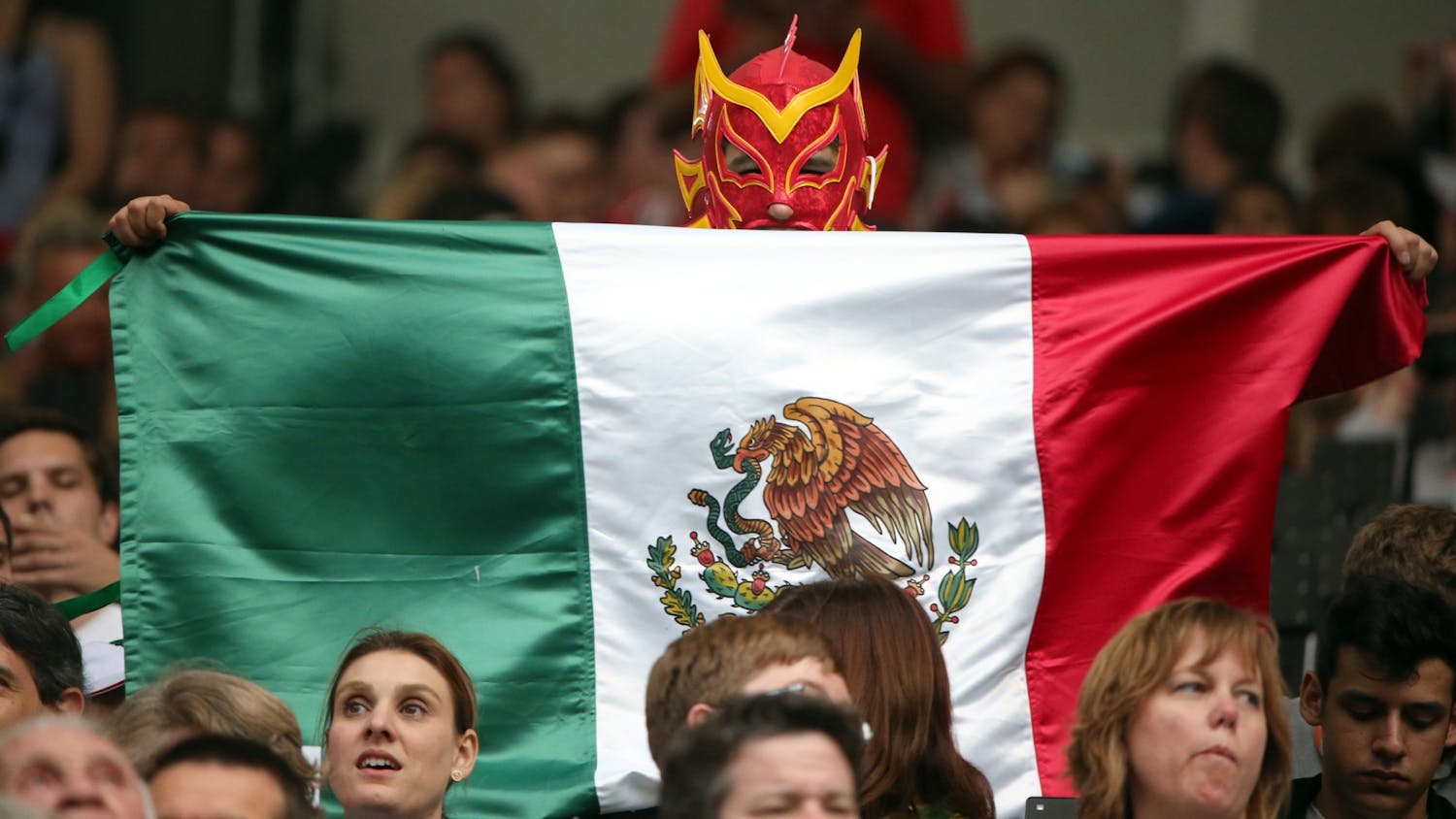Culture has become quite the buzzword in modern society, especially in the business world. “Company culture” has become a concept we are used to hearing about and trained to tune out.
Furthermore, the word gets thrown around endlessly in global conversations with terms such as “multicultural,” “culture shock” and “cultural appropriation.”
Like all buzzwords, culture is popular for a reason. The cultures we are part of and buy into are some of the most powerful influencers on our beliefs, thoughts and actions.
The Super Bowl, which aired Sunday, gets on average 100 million viewers a year. The average NFL game gets 20 million viewers, an increase of 500% for the Super Bowl.
So many people decide to not only spend their time not only watching the Super Bowl, but also consuming outrageous amounts of food and alcohol with large groups of people late into the night before they wake up to go to work or school?
The Super Bowl creates a widespread and intense culture, and much of America decides to buy in.
According to Merriam-Webster, culture is, “The set of shared attitudes, values, goals, and practices that characterizes an institution or organization.” This seems to imply that only formal organizations can have culture, but I would venture to claim that any group of people with shared attitudes, values, goals and practices counts as an organization.
The Super Bowl, then, is effectively creating a culture and 100 million or so people are buying into it.
When people decide to accept this culture, it has a significant impact on their emotions and actions.
People, even the ones who have watched very little football all year, become passionate about one team beating another. They get into arguments with their friends and cheat on their diets and spend several hours of their night watching a game they may not even know the rules to.
The people who follow the NFL closely have bought in to the culture even more intensely than the rest of America.
Fans of the teams playing will feel intense happiness or sadness based on how a team of people they have probably never met do at a game that determines nothing more than what team is “the best” for that particular season. It has no physical impact on the fans, but a Falcons fan will most likely have a horrible rest of the week because of Sunday night’s result.
Culture clearly has a huge affect on us. Being part of a culture, especially one as broad and intense as that of an NFL team or the Super Bowl, fulfills our most innate desire to be included in something bigger than ourselves.
Studies have even been done that show fans of sports teams are less likely to be depressed and have higher self-esteem.
Cultures can even influence us when we are performing an action that reminds us of them. A study from The Hong Kong University of Science and Technology showed that Chinese students who are bilingual and bicultural tend to revert to more of the cultural characteristics of China when they were spoken to in Chinese than when they were spoken to in another language.
Cultures undeniably have a major influence in our lives.
They can determine our attitudes, the decisions we make and even our self-esteem.
Remember the old maxim about choosing your friends wisely, as they are an influence you in many ways, some of which you may not even be aware of. Similarly, be aware of the cultures you allow yourself to be part of, and notice how they affect your body and your mind.
sbreinoe@umail.iu.edu




